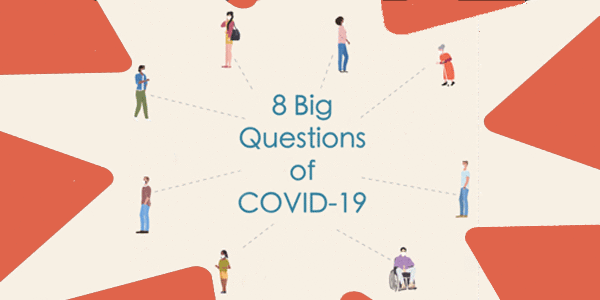Mini-Heap
The latest additions to the Heap…

- “We come to view our own inability to conform to the structures of philosophy… as proof that we’re not suited for philosophy” — what it’s like to be a philosopher with ADHD
- The minimal amount of energy needed for life is lower than previously thought — which “opens up the possibility that life exists in realms where scientists might not have looked before”
- Animal Ethics from the Margins has a new website — the project is “an attempt to highlight the work of underrepresented voices in the animal ethics literature”
- “The Epstein affair brings to light a much larger problem: it undermines the integrity of the research enterprise when individuals can pick and choose lines of inquiry that appeal to them simply because they can pay for them.” — Naomi Oreskes (Harvard) in Scientific American (via Steven DeLay)
- A statue of Hypatia has been erected — in a new culture and arts district in Cairo
- “How I reduced student email load by ~95%” — and other posts about teaching at “New Normal,” a new blog from University of Toronto philosophy PhD student Boaz Schuman
- Scholars, should you study what you love? — many people say yes, but Martin Lenz (Groningen) dissents
Mini-Heap posts appear when 7 or so new items accumulate in the Heap of Links, the ever-growing collection of items from around the web that may be of interest to philosophers. Discussion welcome.
The Heap of Links consists partly of suggestions from readers; if you find something online that you think would be of interest to the philosophical community, please send it in for consideration for the Heap. Thanks!



In defense of the Trump administration’s changes to Title IX, Robert Frodeman tells a harrowing story about being the target of a sexual harassment investigation. I have no reason to doubt his account; I would suggest that next time he get a minimally competent attorney who could have stopped these outrages. The problem with this argument-by-anecdote is that in my experience the horror stories are overwhelmingly on the other side. Here is a typical one that I encountered dealing with this issue at the U of Oregon. Laura Hanson was drugged, raped, and then ignored by the official apparatus for almost a year until she brought her story to me. I took her right to an attorney, who sued. The university eventually settled for negligence, but only after it rifled through Laura’s private psychological records to dig up dirt on her. See Laura’s own account of all this: https://www.eugeneweekly.com/2015/05/28/dragged-through-the-mud/ and https://www.propublica.org/article/after-sexual-assault-woman-says-university-lawyers-counseling-records
Trump supporters feel that practices like these were insufficiently concerned with the rights of the perpetrators, and “overly-zealous” in their defense of victims like Laura; under the new guidelines, Laura’s case could be thrown out at the start. Around that time, Professor Jennifer Freyd conducted a survey concluding that 10% of current U of Oregon female students had been raped. Does this sound like people were overly concerned about women being assaulted? By the way, both Professor Freyd and I were publicly attacked by the administration for being overly-zealous on this issue; in Jennifer’s case they challenged her scientific integrity, in my case they issued a press release denying that I taught at the U of Oregon. (Both of us subsequently left.) I am all in favor of Prof. Frodeman telling his side of things. I’d suggest that people might also look at the many articles on what’s wrong with Trump’s changes by advocates for sexual assault victims. Here is an interesting one I just found on the issue of predatory faculty. https://www.virginiamercury.com/2020/08/10/title-ix-changes-could-shield-predatory-faculty/